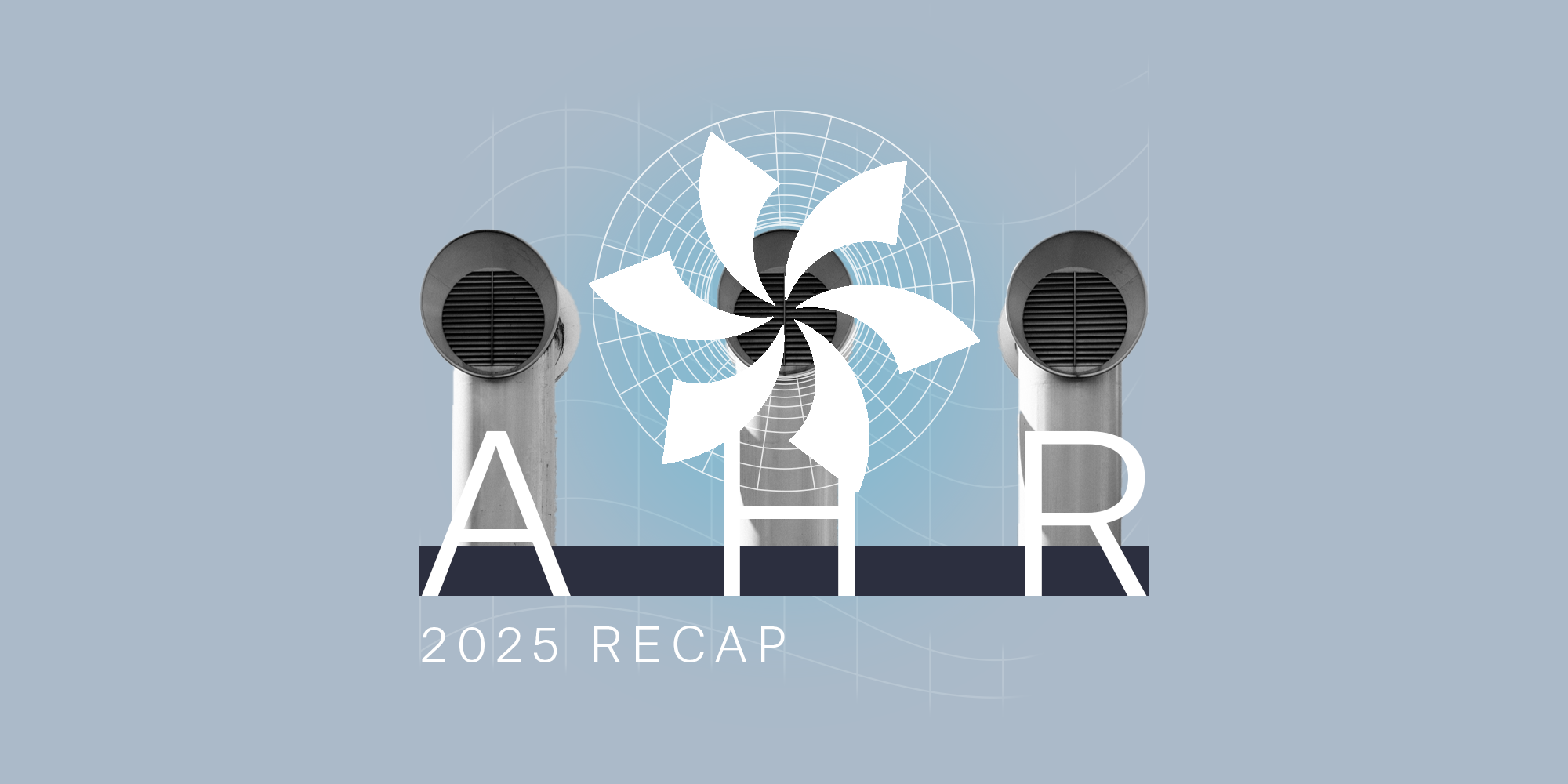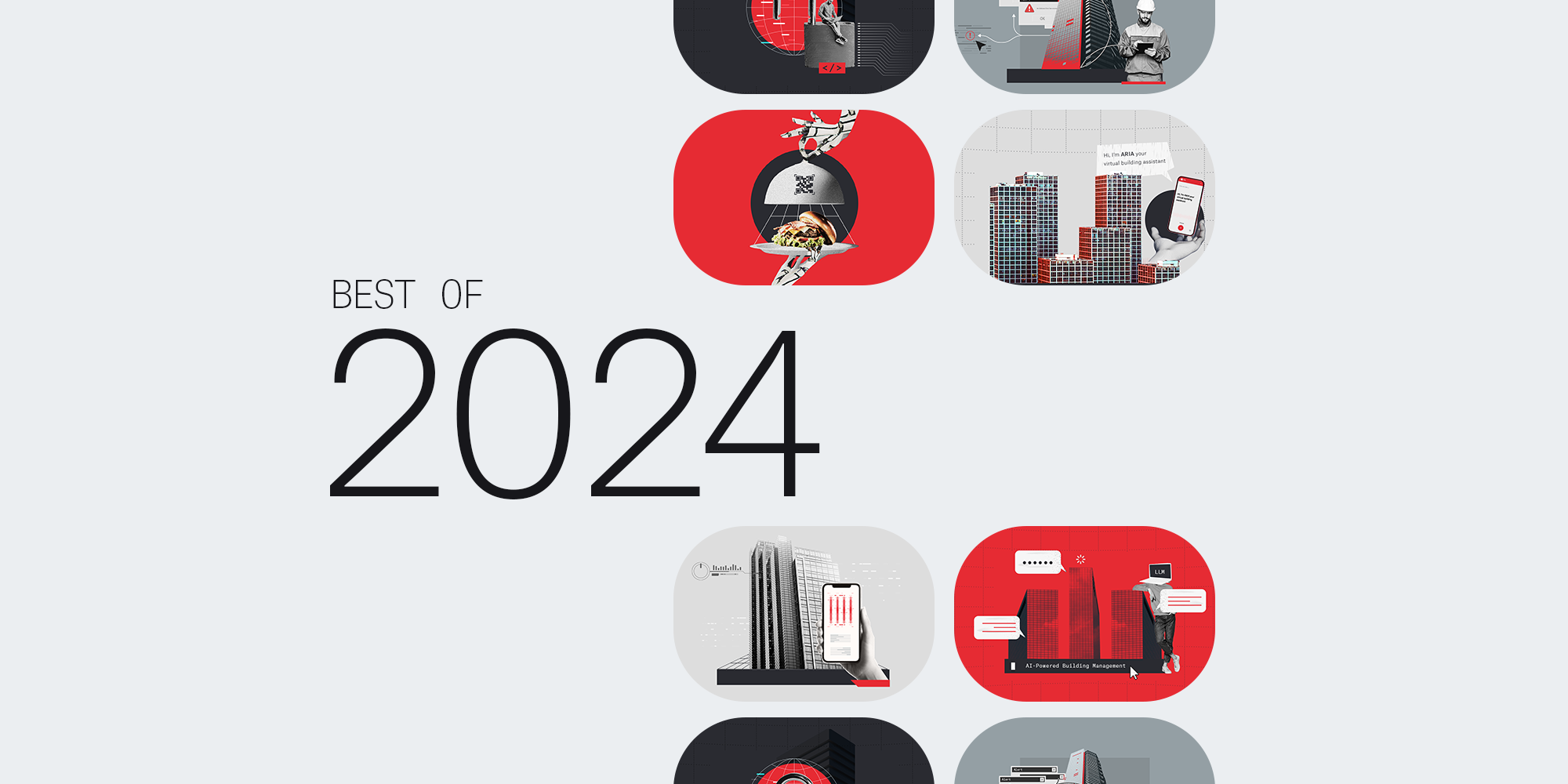5 Things You Need to Know About the Energy Transition

5 Things You Need to Know About the Energy Transition
In this day and age, it can feel harder than ever to be optimistic about the possibility of avoiding the worst of the climate crisis. It seems like everywhere we look, there are stories about the irreparable harm that humans have done to our planet and the ways that current and future generations are in danger.
The good news is this: though the window of opportunity is narrow, there are things that we all can do to avert a climate catastrophe. If you own a commercial property (or many), you have an even bigger role to play. And while some of these changes will be technical and likely the domain of your facility manager, there are also some major strategic decisions that you as a property owner will need to make.
But where should you begin? In this article, we’ll go over five important things that every commercial building owner should know about the energy transition. Arm yourself with this information and you’ll be more than prepared to spearhead action against climate change at a time when it’s needed most.
1. The rate of change for non-renewable energy sources is slowing down
As you’re likely aware, “non-renewable” energy comes from finite resources or sources that take so long to replenish that they might as well be finite. This includes some of the most common energy sources that we still rely on today, like coal, natural gas, and petroleum. As these sources share a common element of carbon, the process of pulling away from reliance on these resources is often referred to as “decarbonization”.
We understand the importance of transitioning away from fossil fuels in the fight against climate change, and we’ve made some great strides in progress as a society, too. In fact, fossil fuel use in the United States has consistently fallen from its 1960s peak and was at a low of 80% in 2019.
While this certainly shows a change in energy consumption and a recognition of the importance of shifting away from fossil fuels, there are unfortunately signs that the movement away from fossil fuels is starting to lose momentum. This could weaken our ability to successfully decarbonize.
However, while transitioning away from carbon-based fossil fuels is important, the energy transition is not just about decarbonization. It also includes important factors like energy security, access to energy, and a consideration of how we can facilitate economic growth and development while simultaneously decarbonizing. This brings us to our next point.
2. The energy transition isn't uniform across the globe
While it’s very easy to see the energy transition through a very North American-focused lens, it’s important to remember that this planet that we share extends far beyond the continent. Therefore, in order to get an accurate idea of where we stand in the fight against climate change, we need to look at the global picture and ensure that all areas of the world have access to renewables and aren’t left to depend on carbon sources of energy out of economic necessity.
In a 2021 report on the worldwide energy transition, the United Nations points to the importance of providing countries with cost-effective renewable energy infrastructure. In other words, saying that countries need to decarbonize is not useful unless countries actually possess the ability to do so.
The report goes on to state that economically advantaged countries, such as members of the OECD, have an obligation to lead the transition away from fossil fuels. These countries have been advised to phase out the use of coal by 2030 and to assist with the funding of renewable energy on an international scale.
The point? The energy transition isn’t uniform across the globe, and we shouldn’t expect it to be. Not all countries are going to have the resources to transition away from non-renewable energy, so it’s important that those countries that have the ability to do so not only lead the way but also provide funding and other strategies to help the majority world tackle energy transition challenges.
3. Renewable energy is only part of the solution
Renewables have become cost competitive in many markets and are now contributing more to the world's power supply than ever before. However, with growing electrification and increased industrialization driven by emerging economies, we will be unable to reduce our reliance on fossil fuels without working on the demand side of the energy equation. In the end, the cheapest and cleanest form of energy is the one that is not consumed.
The transition to a decarbonized economy will be characterized by an increase in electricity consumption rather than a decrease. In fact, according to the U.S. Energy Information Administration (EIA), global energy consumption is projected to grow by 50% by 2050, resulting in a need for increased electricity generation of 79% by the same timeline. Efficient use of this energy, as well as flexibility in energy demand profiles, is therefore crucial for decarbonizing the whole energy system and reaching net-zero emission targets.
Since renewable energy is intermittent, in order to increase grid flexibility and reduce reliance on fossil fuels, we must make everyday aspects of human life more sustainable, bringing us to our next point on how intelligent, adaptable, and energy efficient buildings can be key to making our energy grids cleaner and more resilient.
4. Building owners should be ready to respond
The switch to renewable, carbon-free energy sources is a massive challenge that will take decades to complete. We know that action must happen quickly if we want to avoid catastrophic climate change—so how can we address the current gaps in the energy transition?
Fortunately, if you own a commercial building, you have the power to take matters into your own hands by optimizing your existing infrastructure. After all, commercial buildings use a notable amount of energy, accounting for 36% of global energy consumption.
While there are several reasons for this, one of the biggest culprits is a building’s heating, ventilation, and air conditioning (HVAC) system. HVAC systems are designed to be purely reactive and as a result tend to work harder than they need to do their jobs. And, while shutting these systems off entirely is not really an option (we’d all freeze, overheat, and/or breathe in unsanitary air), the only option that we really have is to bring our HVAC systems into the 21st century. So how do we do that?
5. Small changes today can make a big difference in 10 years (making your building resilient for the future)
First thing’s first— buildings are as unique as people. There is no one-size-fits-all solution, so they require intuitive solutions instead. However, the “old-fashioned” way of keeping up with an HVAC system with irregular, expensive inspections and commissioning projects just won’t cut it when it comes to cutting back on energy use at the scale and speed required to address current climate challenges.
Fortunately, modern technology has the power to make a big dent in our efforts to decarbonize our buildings, cities, and electrical grids. BrainBox AI offers a solution for HVAC systems that uses proprietary predictive AI technology to analyze energy use patterns of a particular building and optimize settings in real-time leveraging internal and external data, while meeting occupant comfort needs.
Look at it this way— weather, energy costs and building occupancy levels change throughout the day, so why should we heat, air condition, or ventilate a building as if it has static needs? Once BrainBox AI understands your building’s patterns, it will provide real time optimization decisions that meet your needs while meaningfully reducing energy consumption and power peaks. Plus, since BrainBox AI has the ability to self-adapt every five minutes, you never have to worry about an inefficiency brewing that would otherwise only be picked up through human inspection.
At BrainBox AI, we’re passionate about alleviating the impact that commercial buildings have on the environment because we care about the planet that we live on. Join us in doing our part by learning more about how BrainBox AI can help you reduce your building’s impact on the environment and supporting the necessary energy transition to a net zero carbon future.













